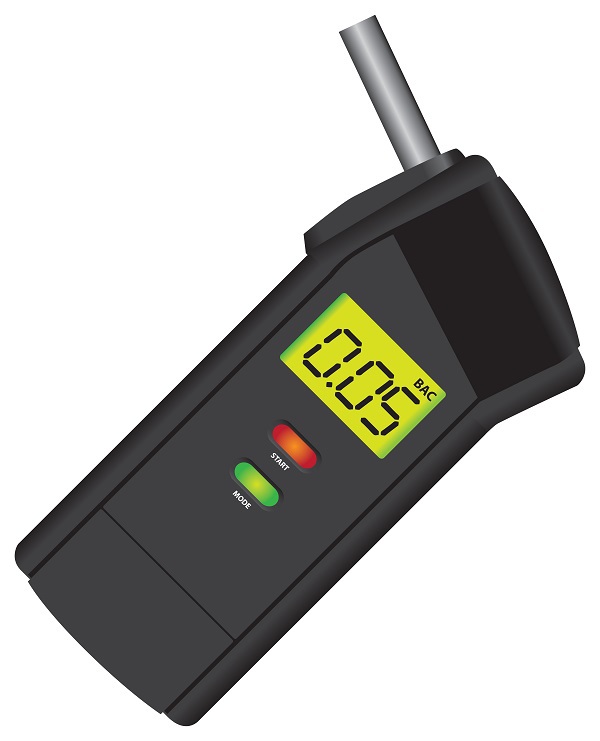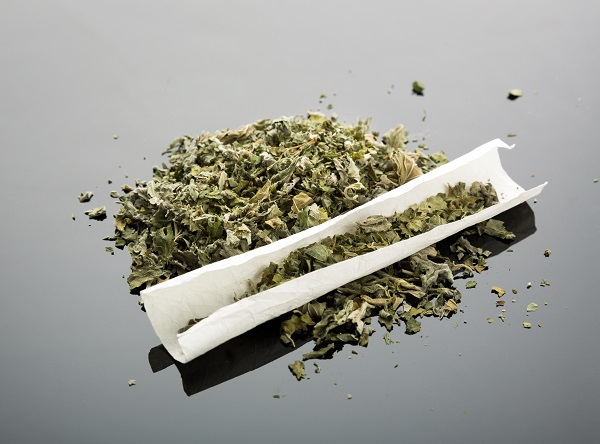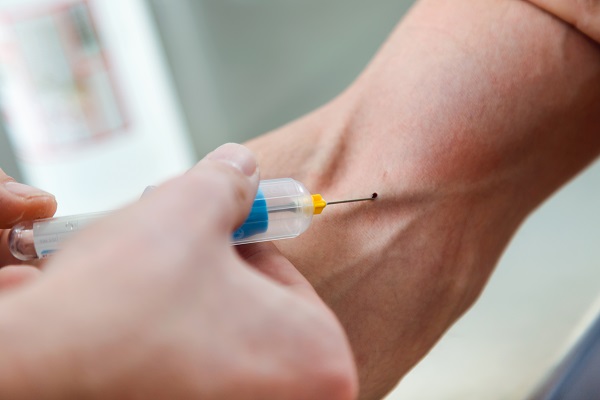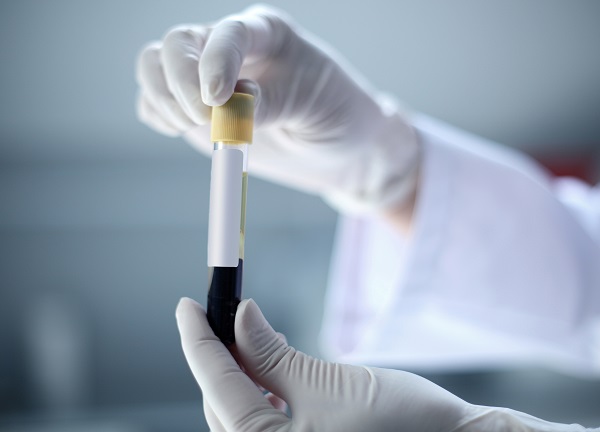Revealing the Flaws in Blood Testing Procedures in Court
If you received a blood test after a DUI arrest, you can reveal the flaws in blood testing procedures in court. Building a defense may involve challenging the basis for law enforcement’s determination that you were impaired – the blood test results. Results can be thrown out for a number of reasons: flaws in giving the test, the testing method used, storing and transporting the sample, and more. Flaws in Giving the Test When giving a blood test, lab technicians must follow specific procedures for drawing blood and collecting the samples. Many lab techs have very little training on blood draws....
Continue reading







